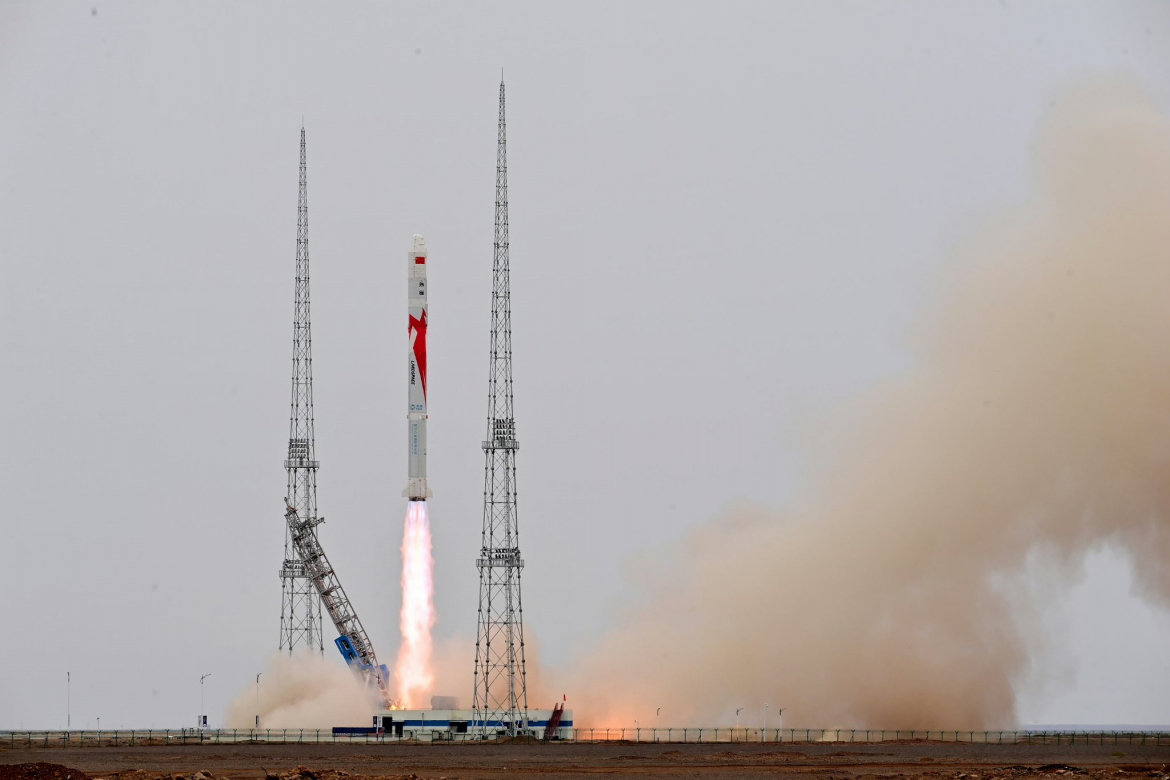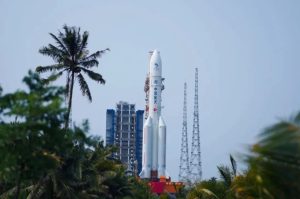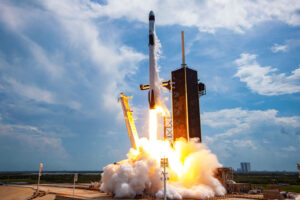LandSpace Made History With Its Methane-Fuelled Rocket Zhuque-2 Launch
4th Dec 2023
Beijing-based LandSpace Technology, a prominent player in China’s private space industry, made history in space exploration with the imminent launch of its Zhuque 2 (Vermillion Bird 2) rocket. The mission marks the first commercial launch of a rocket powered by liquid fuel using methane and oxygen.
UPD 11 Dec: Zhuque-2 deploys satellites
On Saturday, 9 December, China successfully launched the methane-powered Zhuque-2 Y-3 carrier rocket from the Jiuquan Satellite Launch Center in northwest China. Taking off at 7:39 a.m. (Beijing Time), the rocket placed three satellites, Honghu, Honghu-2, and TY-33, into their designated orbits.
The event marked a significant milestone for Chinese private rocket development, representing the world’s first carrier rocket with an oxygen-methane engine. Developers specified that it is capable of placing up to four tons of various payloads into orbit.
It is noted that the successful rocket launch enhances investors’ confidence in methane as a potential rocket fuel. The company also revealed ambitious plans for a new stainless steel rocket known as the Zhuque-3.
Except for LandSpace, only a few rocket companies have methane-powered rockets on different stages of development – for instance, Relativity Space’s Terran-1, SpaceX’s Starship and some more.
In the UK, Skyrora is the most prominent player, which is actively involved in the production of environmentally friendly fuel, Ecosene. The plastic-derived fuel is believed to reduce costs and support reusable rockets more cleanly and efficiently.
LandSpace’s Zhuque 2 launch date
The Zhuque-2 Y-3 carrier rocket, standing at an impressive 162 feet (49.5 meters), has been transferred to the launch area at a space facility in the Gobi Desert, according to the company’s recent announcement on its Weibo social media account. The rocket employs a propellant combination of methane and liquid oxygen, a strategy that holds promise for reducing costs and supporting the development of reusable rockets.
The highly anticipated launch is scheduled to take place at 07:30 a.m. Beijing time on 5th December (2330 GMT or 8:30 p.m. EST on Dec. 4).
Great Expectations Of Methane Fuel
In case of success, it will add a new chapter to China’s growing influence in the commercial space sector. This venture into space exploration has been facilitated by the Chinese government’s decision in 2014 to allow private investment in the industry, leading to a surge of activity from commercial space firms.
Methane, recognized by investors and rocket developers as a potentially transformative fuel source, is gaining traction for its cost-efficiency and environmental benefits. LandSpace’s Zhuque-2 aims to demonstrate the operational launch capabilities of this innovative technology while carrying a payload of satellites.
The Zhuque-2 rocket has already achieved a significant milestone by becoming the first methane-liquid oxygen rocket to reach orbit. This accomplishment places LandSpace ahead of competitors in the global space race, including SpaceX’s Starship and Relativity Space’s Terran rockets.
Preparations for the launch were evident at the Jiuquan Satellite Launch Center, with satellite imagery capturing the company’s dedicated efforts. The company took the initiative to construct its launch pad at Jiuquan, tailored to the specific requirements of its methane-oxygen (methalox) rocket.
LandSpace overperforms SpaceX and Blue Origin
LandSpace Technology, founded in 2015, stands out as one of the earliest and best-funded Chinese space startups. The company has attracted investments from notable entities such as HongShan (formerly Sequoia Capital China), the investment arm of Chinese property developer Country Garden, and the state-backed China SME Development Fund.
The Zhuque-2 Y-3 launch positions LandSpace as a key player in the race to develop and deploy low-orbit satellite clusters, a market gaining prominence as an alternative to SpaceX’s Starlink. The company’s previous achievement in July, with the world’s first methane-liquid oxygen rocket (Zhuque-2 Y-2), underscored its competitive edge over U.S. rivals, including SpaceX and Blue Origin.






Thank you for your comment! It will be visible on the site after moderation.